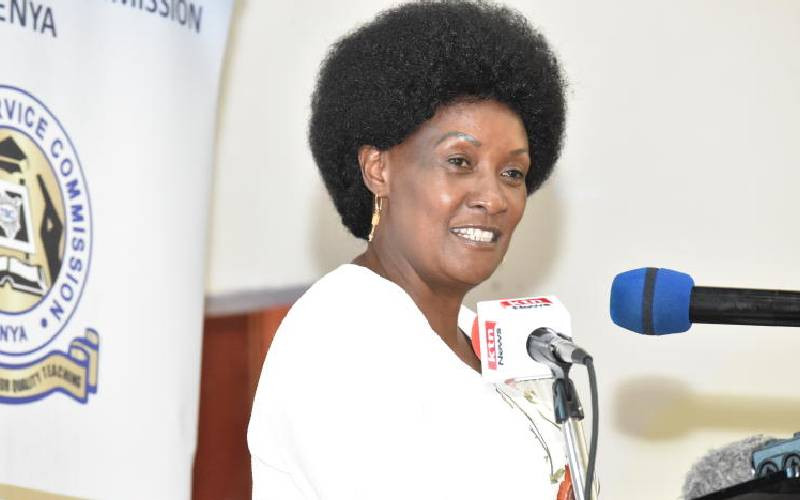×
The Standard e-Paper
Smart Minds Choose Us

The nearly 60,000 teachers hired by the Teachers Service Commission as interns may force their employer to pay them full salary for the period served.
This emerged yesterday after the Employment and Labour Relations Court (ELRC) found the commission violated their right to fair labour practice by giving them internship positions while they were qualified and possess teaching licences.